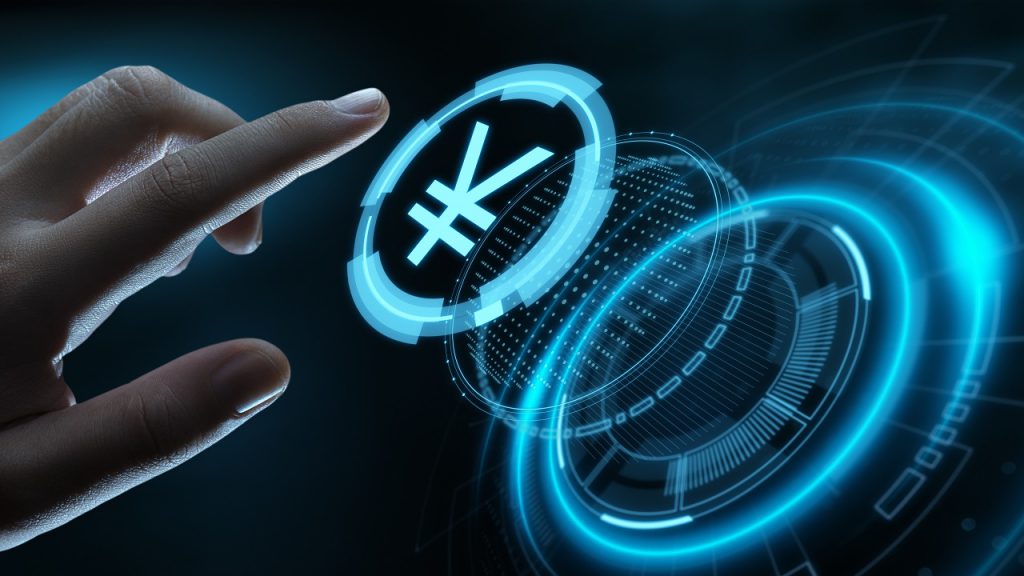As Macau casinos bid for new licenses, Chinese regulators could use the leverage to introduce experimental implementations of the digital yuan.
Current concessions in the $37 billion market are set to expire, which will require local casinos to renew their licenses for the first time in 20 years.
Digital yuan testing grounds in Macau
Regulators in China are expected to take advantage of the situation by compelling operators to allow the experimental use of the digital yuan in their casinos. According to a government consultation paper, other ideas include having government representatives oversee daily operations.
As Macau exists outside Chinese capital controls, authorities see it as an ideal environment to further test the use of the technology. This would also bolster China’s oversight of digital payments.
Although they may have once been concerned about such oversight scaring off big spenders, the re-licensing process has made incumbent companies such as Wynn Macau and Galaxy Entertainment eager to please. Additionally, high rollers no longer dominate the standings, despite losing over $27,000 on average at each table visit, according to Bernstein analysts. Currently, the mass market accounts for two-thirds of gaming revenue, accounting for almost 90% of earnings, Breakingviews estimates citing official data.
Anti-corruption initiative
In addition to payments oversight, Chinese authorities are also touting the introduction of digital payments in casinos as a means of combating corruption. Last month, the head of the Suncity junket, Alvin Chau, was arrested for his alleged connection to an illegal cross-border gambling and money laundering syndicate. Prior to COVID-19, Suncity took in around $8 billion in gaming revenue by facilitating bets for wealthy MVPs.
In November, Chinese central bank governor Yi Gang had suggested that the digital yuan could help fight financial crime, such as money laundering, by resolving complex cross-border payments problems. That same month, it was reported that China would be considering launching a digital yuan-based exchange in Beijing.
Disclaimer
All the information contained on our website is published in good faith and for general information purposes only. Any action the reader takes upon the information found on our website is strictly at their own risk.


